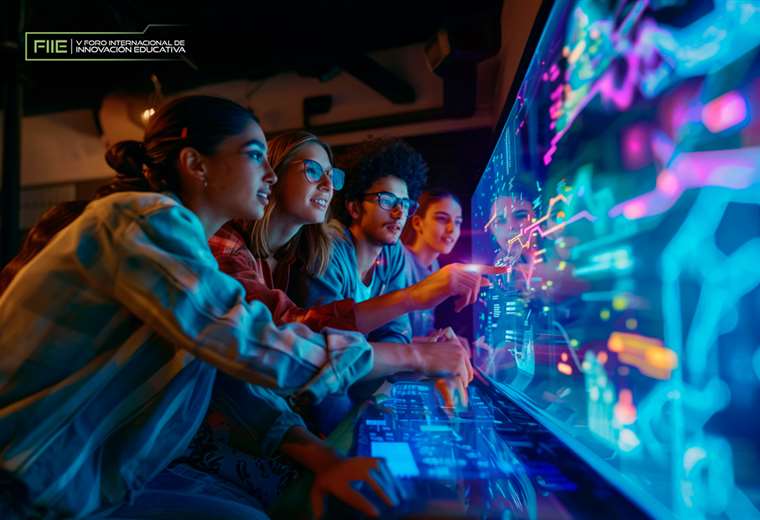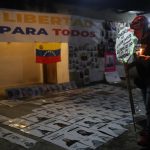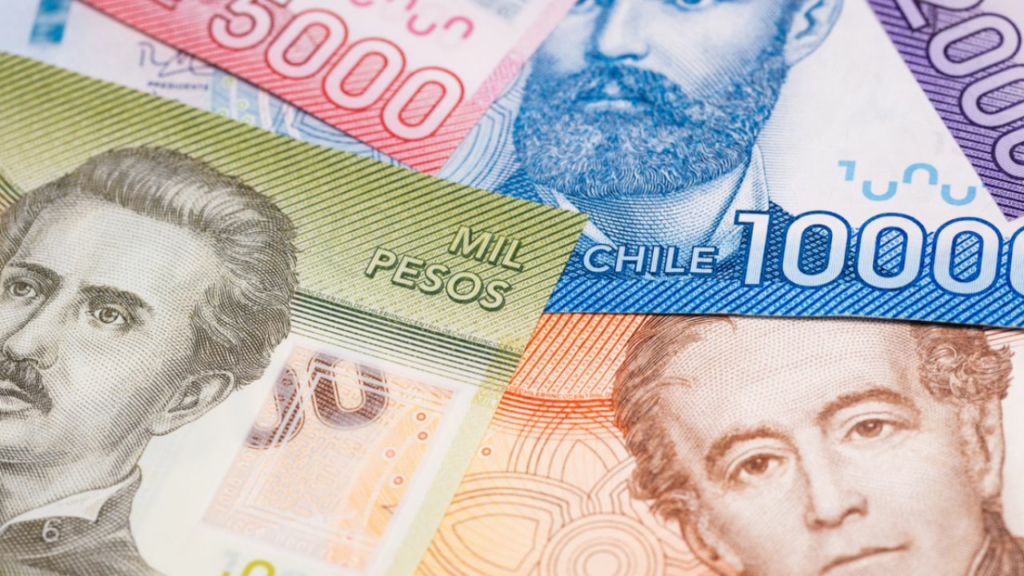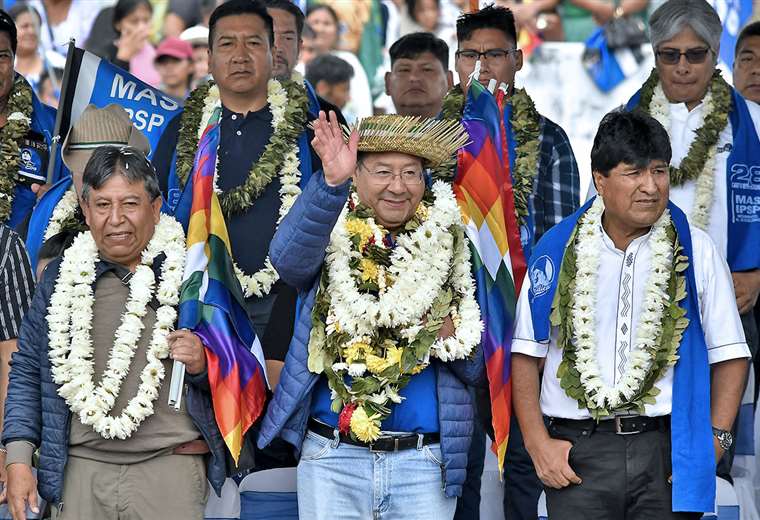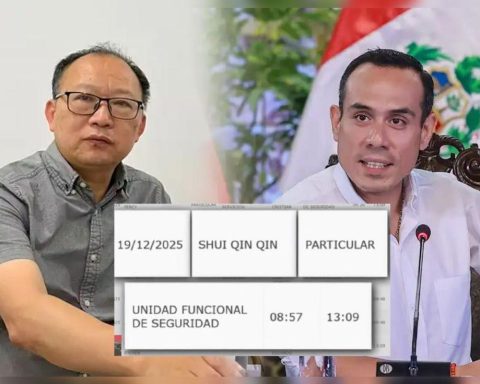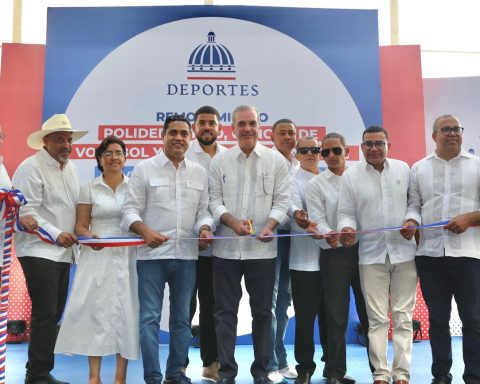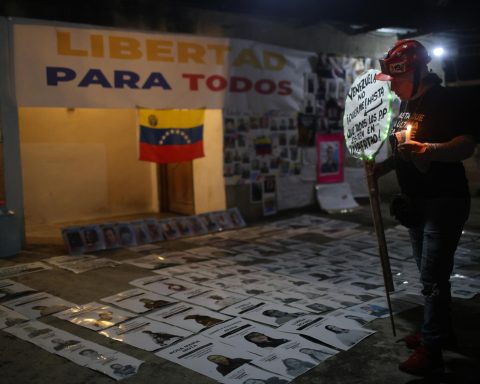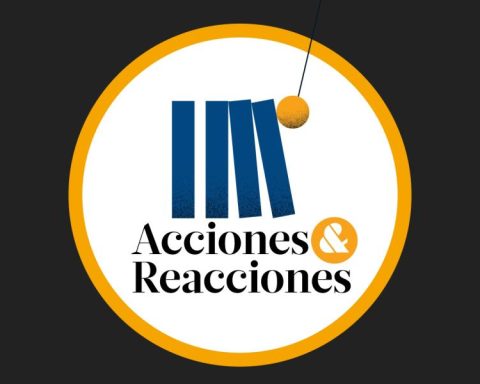April 28, 2024, 8:00 AM
April 28, 2024, 8:00 AM
The technological revolution is spreading throughout the planet and humanity is just a few steps away from taking a great leap. At this turning point, education becomes one of the most important issues for the world as a whole since, only through it, a more just and equal planet can be ensured, which is why it is imperative to project its future. .
“Posing a reflection on education from Bolivia for the region is essential. We are called to undertake this great commitment to society, to provide young people with quality, pertinent and relevant education,” says the rector of the Franz Tamayo University, Unifranz, Verónica Ágreda de Pazos.
Under this concept, the “V International Forum on Educational Innovation: the future of education, reflections from Bolivia for Latin America” (FIIE 2024) will be held, an initiative promoted by Unifranz, in collaboration with the Inter-American University Organization (OUI) — an entity that pursues essentially educational objectives through cooperation between universities in the Americas and that welcomes more than five million students, 500,000 teachers and 600,000 members of support staff—; the Network of University Administrators (RAU); the LATAM Educational Innovation Network (Red I+E); the National Association of Private Universities of Bolivia (ANUP) and, in this version, the accompaniment of the Executive Committee of the Bolivian University (CEUB), the UNESCO International Institute for Higher Education in Latin America and the Caribbean (IESALC) and the Economic Commission for Latin America and the Caribbean (ECLAC).
Francesc Pedró, director of IESALC, recognizes the importance of this type of meetings to achieve sustainability in the development of our societies, aware of the fundamental role in the training of future generations that puts us in front of the commitment to work and accelerate, in a way comprehensive, an education for sustainable development (SDG 4 – Quality Education), which provides the knowledge, skills, attitudes and values necessary for those who inhabit the planet to be able to carry out responsible actions in favor of the regeneration of the environment, economic viability and a just society.
Bolivia – the heart of South America – will become, this May 2 and 3, the epicenter of the projection of the future of education for the region, a space for reflection, debate and design of guidelines for a roadmap between authorities governments, the higher education system, leaders and actors of the educational ecosystem, in order to ensure quality, relevant and inclusive education for the sustainable development of the region.
Rich in natural resources and cultural expressions, with a diversity of climates and ecosystems, modernity and history, the country thus becomes a vital stage for the transformation of education in the region.
The FIIE 2024 is taking place in a context of technological revolution “where the aim is for robots to become collaborators of humans, to do routine and repetitive tasks so that we can dedicate more time to strategic issues,” says Ágreda.
How to coexist with artificial intelligence to have a more humane technology at the service of societies? What is the education that the new generations need? What are the new skills that must be developed to face the future of work? These are some of the questions that will be part of the topics that will be debated at the meeting with thinkers, authors, the innovative and entrepreneurial scientific community, focused on contributing, collaborate and share the task of educational innovation.
“Education is the greatest driver of social mobility, this becomes more relevant taking into account that all technological advances have brought us to a point where everyone is in the same place, from where we can start at the same place.” time and move forward together,” explains the rector and president of the Bolivia node of the Millennium Project, a think tank global future studies.
According to the university authority, the future that is knocking on our door is one of collaboration, between humans, but also with machines, which will allow an expansion of knowledge, thanks to artificial intelligence (AI).
Faced with this reality, educational institutions must be prepared for the changes that are coming, adopting new technologies, methodologies and practices and strengthening learning by doing, dual training and lifelong learning.
“These life skills mean that we as educators have to understand what tools we are going to give to students, what the role of the teacher and the institutions will be, and that is why we have to be all actors present, because it is necessary to outline strategies, methodologies, but also public policies (…)”, he adds.
For the Spanish expert in educational innovation and speaker of the FIIE 2024, Lluís Pastor, “the forum is a seed of change, since it brings together international figures who give clues, give guidance, become lighthouses to generate changes, not only in Bolivia but in the world”.
Educational innovation platform
The platform of exhibitions, parallel sessions, dialogues, presentations, debate tables and workshops in various approaches will address six thematic axes: the future of education in Latin America to 2050: challenges, scenarios and actions; educational quality, inclusion and employability; governance and public policies for the education of the future; challenges of the digital world and artificial intelligence, new technologies, new ways of learning and virtuality; future skills and lifelong learning and internationalization of higher education.
The meeting will also reflect on Latin American Prospective: challenges and actions for higher education; Technological innovations for educational inclusion; Governance and public policies for quality education in a hyperconnected world; The higher education we want and the future we build; EdTech and its contribution to education; The future of work, alternative certifications and credentials, and The power of AI in educational evaluation processes, among others.
In this version, the forum has a high content oriented to new technologies and the inclusion of Artificial Intelligence (AI) in educational processes, so the organization strengthened ties with some of the most prominent experts in these areas, so that be part of the panels, work tables, keynote presentations and parallel sessions of the meeting.
The FIIE 2024, as a space for reflection, will project relevant educational reforms and policies for the future of education
Decision makers and the future of education
The FIIE 2024 has the participation of: Francesc Pedró, director of the IESALC; Javier Medina Vásquez, deputy executive secretary of ECLAC, Víctor Orellana, undersecretary of Higher Education of the Republic of Chile, Jorge Blando, president of the Continuing Education Network of Latin America and Europe (RECLA), David Julien, executive secretary general of the Inter-American University Organization (OUI), Guy Haug, international expert in European university policies and Reinaldo Cifuentes, general coordinator of RAUI America.
Jon Altuna, vice-rector of the University of Mondragón, Luz Vanzulli, executive director of LATAM Sur, Vice-rector of Continuing Education, Instituto Tecnológico y de Estudios Superiores de Monterrey, Enrique Montaño Nogales, president of the National Association of Private Universities (ANUP), Freddy Mendoza will also participate. Espinoza, national executive secretary of the Executive Committee of the Bolivian University (CEUB), Virginia Velasco Condori, national senator and Jean Pierre Antelo, president of the Chamber of Industry, Commerce, Services and Tourism of Santa Cruz (CAINCO), among others.
The FIIE 2024, as a space for reflection, will project relevant educational reforms and policies for the future of education; It will open the doors to Latin America and Bolivia in innovative trends in education, technologies for education, the university of the future and for the most promising EdTech startups in LATAM, among others.
It will be the space for connecting collaborative networks with academics, professionals, policy makers and leaders to co-create the future of education.
The initiative is in line with the purpose of Unifranz, to democratize and transform education in the country. To be part of the event and have access to the exhibitions, work tables, panels and exclusive support material, you must register at the link https://foro.unifranz.edu.bo/#section-schedule.
